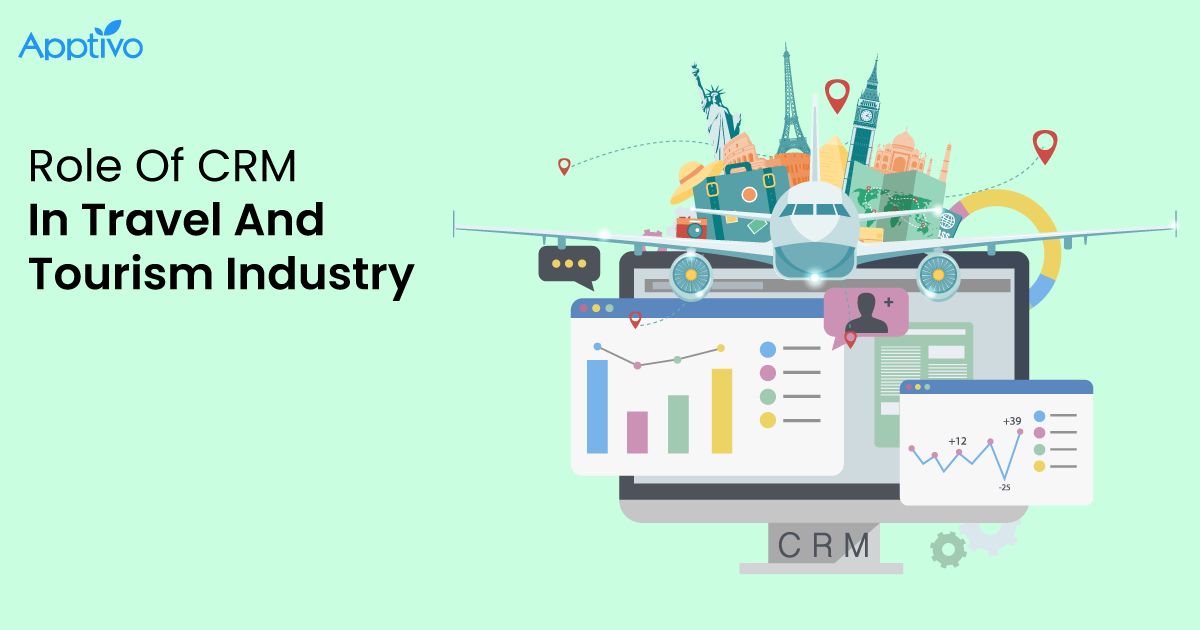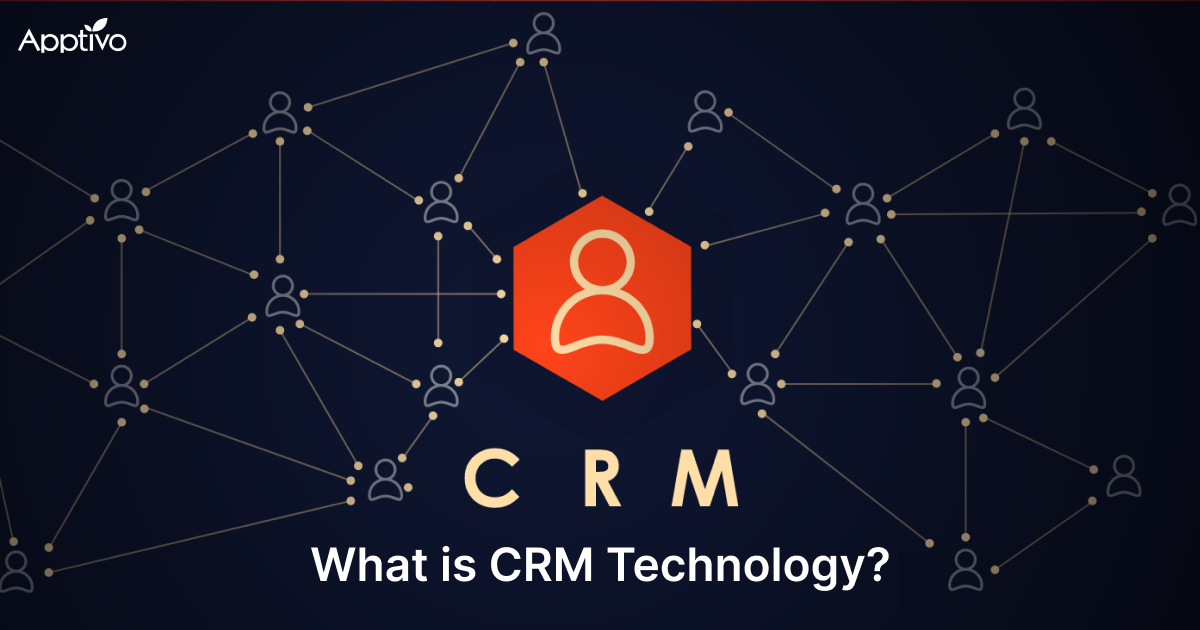 |
Introduction
Customers are the king of any business. To ensure building a strong relationship with the customers and maintaining that relationship for a longer period of time, Customer relationship management is pivotal for the long term growth and success of the business.
You need to understand the A-Z of customers, be it their needs, behavior, preferences, goals and plans will help you create a competitive edge. CRM with a well intuitive dashboard will help you analyze the customer information which will help you boost your service, maximize the performance and ultimately grow your business in an impeccable way. The CRM reports provides you with insights and helps you to make decisions which will impact your business in a positive manner. This article will explain about the CRM reports, its benefits and key elements with suitable examples.
What is a CRM report?
A CRM report is a CRM tool that presents you with sales, marketing and customer support information. These Reports help you to make your analysis in a focused and efficient manner in order to make sound business decisions. A CRM report helps you spot the trends and lets you devise strategies based on the insights gathered. Based on these reports, you can build trust and loyalty consistently and thus speeding up the growth of the business.
How does CRM reporting work?
CRM reports work by translating the CRM data into insights that pave the way in tracking the metrics over a certain period using visual features such as charts, graphs, numbers and much more. With the help of such elements, you can track and manage the data and compare them with past behavior which helps in forecasting.
You can analyze the key performance indicators with the CRM reports that lets you have actionable insights to know how you are performing and can evaluate it in order to improve the future performance. CRM software has multiple standard reports and you can use the reports based on your organization’s purpose. It is always best to have reports related to the sales activities. You will be able to track the sales pipeline, the sales stages, the performance of the leads, the team efficiency, customer satisfaction and success of the campaigns. You can also build customized reports as per your needs and requirements with the help of a good quality customizable CRM solution.
CRM contains ample amounts of data and generating a report is thus easy based on the data present in the system. You can select the types of reports you want, the CRM software offers different types of reports that would suit different business needs. You can also edit the reports as per your demands and conditions.
Benefits of CRM reports
There are different benefits that the companies reap with the help of the reports generated from the CRM system.
 |
1.Gather Valuable Insights
The CRM system puts together all the data in a digestible format in the form of CRM reports. You can analyze the data present in the reports which help you know the history, the present status and the prediction for the future. With the CRM reports, you can analyze the strengths and weaknesses, identify the trends, evaluate the performance and take corrective actions if necessary to boost up the output.
2.Effective decision making
CRM reports help you make sound informed decisions based on the data being presented. You can have a visual view of the robust data which will help you analyze the KPIs, and take advantage of the results. You can save time by making quality decisions based on the different types of reports generated from the CRM system.
3.Increased Engagement
The companies have a complete idea about the preferences and behaviors of the customers and the different touch points they interact with. This information is much needed by the marketing teams in order to make their campaigns effective. CRM reports help in effective tracking of campaign performance. This will help in engaging with the customers in an efficient way by offering tailored messages, deals, discounts and offers that are likely to build loyalty and customers will become your brand advocates eventually.
4.Improved efficiency
CRM technology provides you access to customer centric information in one centralized platform. Everyone in the team can have access to the data in order to improve the performance of the work and the efficiency of the team as a whole. You will be able to maximize the productivity and reap the benefits of Al powered CRM reports.
5.Analyze performance
CRM reports help you set standards and benchmarks while you monitor the performance of various reports. These reports are accurate and you can depend on them to analyze how you and your team are performing. You can enhance the customer facing activities, helping you acquire and retain more customers.
6.Boost Innovation
You can draw innovative ideas and strategies that will help you boost creativity in your workflow. You can curate messages that are of real value and CRM reports help you think out of the box. You can stand ahead of the competitors based on the insights gathered from the system. CRM reporting technologies is a sure shot way to boost the innovation in your workflow.
How to create CRM reports?
There are some basic steps and methodology to follow which will help to create CRM reports in an useful way. Let us dig deeper into creating the CRM reports that would help reap maximum benefits.
1.Use CRM reporting tools
In order to gather the data in a more effective way, you need to work with the right reporting tools that are needed for your business. An effective CRM dashboard with KPIs helps in effective reporting and gathering insights. Before you work with the reports, it is important to understand the robust nature of these reports. CRM reports are very much interactive, and are often customizable which you can leverage efficiently. For apt decision making, CRM reports are a must for any business.
2.Outline your goals and Objectives
Before using a CRM reporting tool, You need to be clear of the firm’s goals and objectives. You have to analyze the purpose of using such tools. You might want to answer a few questions like, do you want to increase the customer engagement? Or do you want to build brand loyalty? Do you want to streamline the entire customer processes and experiences? Always chart out what you want to do, why you want to do it and how you want to do it with the help of these tools. Having aligned the goals and objectives, you can choose the performance metrics for your business which will help you in reaching out your goals and building a competitive advantage.
3.Analyze the target audience
You have to build and generate reports based on the target audience. CRM includes various departments and disciplines, which will require different reports for different purposes. Some of which are stated below:
Sales: The sales team uses CRM to have a view on the pipeline stages and opportunities. You can prioritize the efforts based on the information that you see in the system. The team can track the individual progress, the lead data and sales forecasts in order to analyze and track the performance.
Marketing: The marketing uses CRM to have all information about the leads that are pouring in. CRM reports help the marketing team to analyze key metrics such as campaign performance, bounce rate, email clicks and number of quality leads with their sources. This information is helpful for the teams to build the message and improve the conversion rate further.
Customer support: The support team can use these reporting tools in order to know about the ticketing and helpdesk workflow. You will be able to see the tickets lined up in the pipeline, the average response time which will enhance the performance and build superior customer experiences.
4.Select the right data sources
You need to collect the right data in order to gather the right insights. CRM system collects data from internal and external sources which is put together with the help of data connectors. Some of the important data sources are listed below:
Referral Sources: This will give a view about who or what referred the customers about the particular brand’s offerings. The referrals might come from facebook ads, instagram reels, a linkedin post , email , or even friends and family members.
Phone calls: Many businesses make calls to their clients in order to reach out to them. The frequency of calls will let us know if the leads are likely to convert or not. You will also have to find ways to successfully convert them into customers.
Past purchases: Keeping track of past purchases gives you an idea on behavioral patterns of the customers, which will be helpful in tailoring personalized messages and enhancing customer experiences.
Marketing information: This information is gathered from social media and analytics of the website. It helps in devising the strategies for marketing and optimizes the marketing efforts by understanding the customers and their movement on the site.
These are some of the examples of data sources based on which the CRM system generates reports. You can use various tools to manage the data and derive insights from it.
5.Enhance your workflow
The CRM reports offers different formats and standards in order to present the data that has been collected. A robust CRM report will help you customize the visual view and you can also format the design based on your preferences and needs. You can enhance your workflow with effective customizable reports that suit your business needs.
6.Develop dashboard design for optimal success
Before you design your dashboards/ reports, make sure it is easily accessible from all angles. You can arrange the data in a logical manner which will be helpful in easy extraction of data. Limit to not more than five colors in your reports, as it might distract the actual purpose of generating the reports. You can also have a complete combination of past, present and future analysis based on the reports you design.
7.Use different types of reports
There are different types of reports available from which you can benefit from. Let us look into the top 6 CRM reports that are widely used among the companies.
Pipeline reports: These reports present you with the progress of the sales pipeline, also you can track the leads which will help you plan the sales activities accordingly. You can streamline the entire sales processes with the help of these reports.
Sales conversion reports: This report provides you the data regarding the prospects or leads, which will help you analyze the conversions. This will be helpful for the sales team to focus their efforts promptly on the hottest leads.
Profitability & revenue reports: This report provides deeper insights on the Key performance indicators. You can find out which opportunity is going to generate profits for your business.
Sales Cycle reports: You can have the complete history of the entire sales cycle. You will know the performance of each sales stage which will help you to enhance the sales processes and increase the ROI significantly.
Benchmarking reports: Businesses usually have certain benchmarks in order to devise their strategies and plan their activities accordingly. You can also analyze the strengths and weaknesses based on those benchmarks.
Marketing reports: These reports let you have a deeper understanding on the effectiveness of your promotional efforts and how well you can attract the leads into your circle. Based on these reports, you can plan your campaign and the target audience effectively.
8.Learn from predictions
Predictive analytics in CRM is a technology which helps in forecasting the future behavior and performance by analyzing the data present in the system. The employees will know about the outcomes and plan accordingly, also they take advantage of the opportunities present. Predictions are merely forecasting the future and devising strategies based on that.
9.Test – evaluate and evolve
The tools and techniques keep on changing and so the CRM reporting tools. You need to take time in order to test the reports and tweak valuable insights from them. The technology today is ever evolving and hence you need to be aware in order to stand ahead in the business environment.
Conclusion
CRM reporting is definitely a better alternative than the spreadsheets. You can easily extract data and use this data to gather valuable insights needed to make decisions for your business. You can reap maximum benefits by harnessing the capabilities of CRM reports and CRM software as a whole.
CRM has a project management application that lets the teams easily understand and have a view on the tasks and projects that they are working on. You can also trigger workflow in order to enhance the projects and can view the performance of the projects with the help of gantt charts.
A CRM is fully equipped with data which helps in achieving the goals and objectives of the organization. It is mostly concerned with sales , marketing and customer support aspects of the business. Whereas a project management application or a software helps you to plan, organize and manage the activities related to the project in order to complete the project effectively.
Latest Blogs

Role Of CRM In Travel And Tourism Industry
Travel and tourism have been a significant part of everyone’s life since the ancient period. When we skim through the pages of history, It should be noted that humans were initially nomads before they became settled in one place. They...
Read more →
WHAT IS CRM TECHNOLOGY?
Introduction CRM is a technology that helps manage the entire customer information and interactions in order to build and maintain superior customer relationships. The CRM solution replaces spreadsheets and other different applications, which makes it easy for the businesses to...
Read more →
Everything you need to know about the Annual Maintenance Contract!
1. What is an Annual Maintenance Contract? 2. Benefits of Maintenance Contracts 3. How can Apptivo CRM help you manage maintenance agreements and vendors? 4. Summary Think about getting the confidence that the machinery is well-maintained and performing optimally, without...
Read more →
